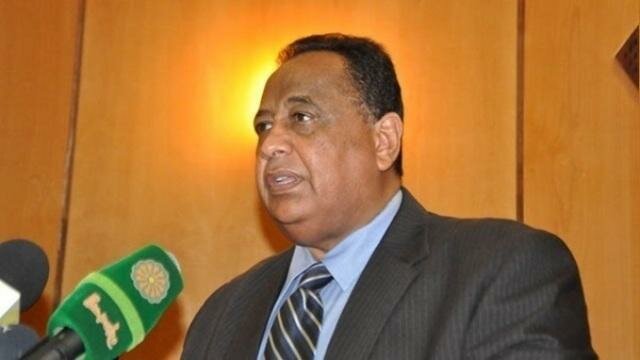(OCHA) Since February, Haroun Adam, 15, and his brother Abdelraziq Adam, 13, have been living in Sortony, Darfur, in a so-called gathering site of makeshift shelters for
internally displaced persons (IDPs). The boys and their family had to flee their home in Darfur’s mountainous Jebel Marra region when violence broke out between the Sudanese Armed Forces and a faction of the Sudan Liberation Army, whose stronghold lies in inner Jebel Marra. This conflict has displaced between 159,000 and 194,000 civilians from the area this year. Jebel Marra is the only part of Darfur to which humanitarian organizations have had very limited access since 2011.
Haroun and Abdelraziq share the gathering site with over 21,000 IDPs, most of whom are women and children. Many people came here after fleeing Jebel Marra because they feel safer at the site, as it is next to a peacekeeping base. But such displacement often exposes children to risks and upheaval at a time when they most need protection and stability, and the majority can no longer go to school. Haroun and Abdelraziq have not had an education for over seven months. Before being forced to flee, the boys enjoyed school, hence they are now eager for the schools in Sortony to open.
Haroun explained: “I was in grade eight and was supposed to sit my school-certificate examination this year, but we came here because of what happened. I want to go to school to learn because my father wants me to go to university to become an engineer.”
The boys’ father said: “I haven't been able to sleep well or eat well since my children came to Sortony. The prospect of my children growing up without education was paining my heart, especially Haroun and Abdelraziq who haven't been able to return to school. But now I am happy that there is hope for my children because I can see schools being built here.”
The humanitarian community is working around the clock to change the lives of children in Sortony. The national non-governmental organization Kebkabiya Smallholders Charitable Society, funded by the UN Children's Fund (UNICEF), has used local materials to construct three schools in Sortony: two for boys and one for girls. A fourth school is due for completion soon. Nearly 5,000 children were registered within just three days of the start of school enrollments, but this number is likely to increase, creating the need for additional classrooms.
UNICEF is set to provide educational kits for the school children, the State Ministry of Education will provide teachers with textbooks, and the Parent and Teacher Association aims to provide one meal a day for all teachers through community contributions and participation. However, there are critical gaps in funding, as teachers and staff will need to be paid.
Providing education for displaced children and affected host communities is vital to ensure the right to education. Education creates new livelihood opportunities, frees children from dependency on humanitarian aid and strengthens their self-reliance, safeguarding opportunities for future generations.
-
International Urological Conference in KhartoumNext >

